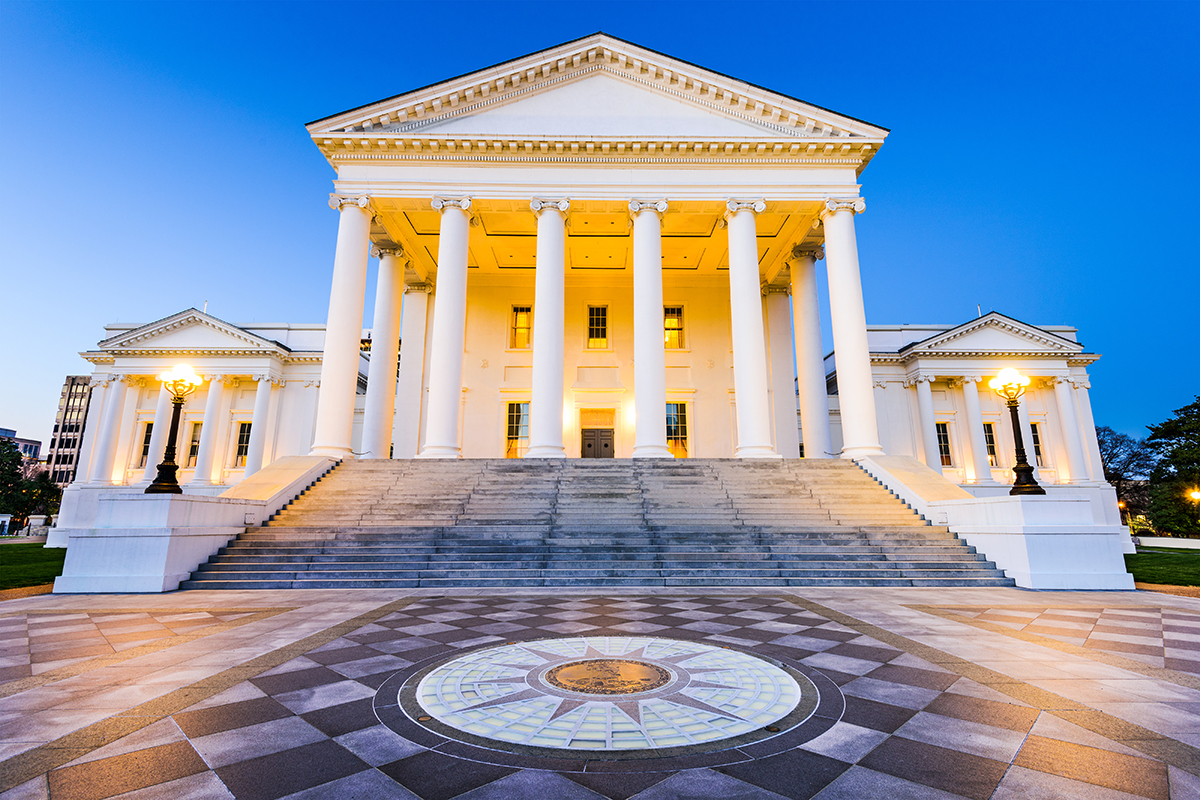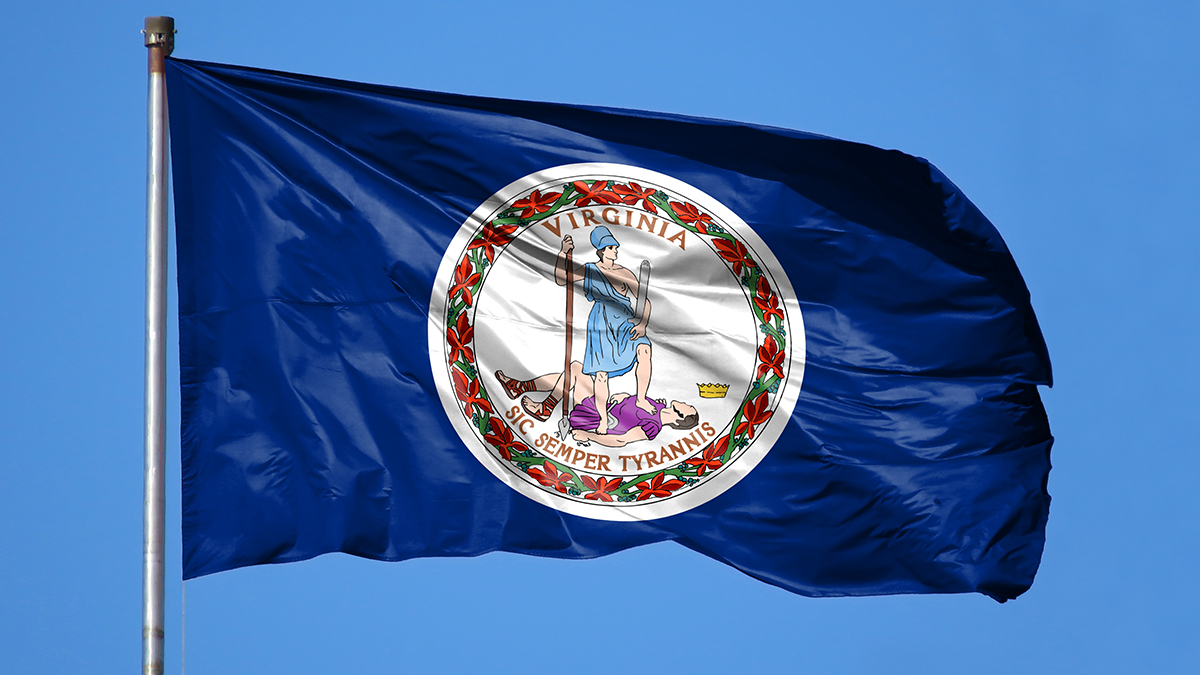State lawmakers gave final approval Monday to a bill that will end capital punishment in Virginia, a dramatic turnaround for a state that has executed more people in its history than any other.
The legislation repealing the death penalty now heads to Democratic Gov. Ralph Northam, who has said he will sign the measure into law, making Virginia the 23rd state to stop executions.
“Over Virginia’s long history, this Commonwealth has executed more people than any other state. And, like many other states, Virginia has come too close to executing an innocent person. It’s time we stop this machinery of death,” the governor said in a joint statement with House Speaker Eileen Filler-Corn and Senate Majority Leader Dick Saslaw.
The state Senate approved the death penalty abolition bill on a 22-16 vote. The house followed suit soon after, making Virginia poised to become the first Southern state to abolish capital punishment.
We're making it easier for you to find stories that matter with our new newsletter — The 4Front. Sign up here and get news that is important for you to your inbox.
"By abolishing the death penalty, Virginia is creating a new legacy for itself,” said Del. Mike Mullin, a patron of the House bill. “Never again will the Commonwealth run the risk of executing an innocent person. We should be guided by the tenets of justice, not vengeance."
Virginia's new Democratic majority pushed the repeal effort, arguing that the death penalty has been applied disproportionately to people of color, the mentally ill and the indigent. Republicans raised concerns about justice for victims and their family members, and said there are some crimes that are so heinous that the perpetrators deserve to be executed.
Both the House and Senate approved separate repeal bills earlier this month. On Monday, the Senate approved the House bill, advancing it to Northam. The House was expected to vote on the Senate version later in the day.
Historically, Virginia has used the death penalty more than any other state, executing nearly 1,400 people since its days as a colony, according to the Death Penalty Information Center. Since the U.S. Supreme Court reinstated the death penalty in 1976, Virginia, with 113 executions, is second only to Texas.
Only two men remain on Virginia's death row. Anthony Juniper was sentenced to death in the 2004 slayings of his ex-girlfriend, two of her children, and her brother. Thomas Porter was sentenced to die for the 2005 killing of a Norfolk police officer. The repeal legislation would convert their sentences to life in prison without parole.
Democrats favoring abolishment said earlier this month that the death penalty is an archaic punishment in an era when many countries have already moved away from the practice, and too costly to implement, given the litigation involved. They also said it has been applied unfairly, with people of color, the mentally ill and the indigent more likely to end up on death row.
“The government should not be in the business of killing human beings. It's immoral, inhumane,” Democratic Del. Marcus Simon said.
Republicans raised concerns about justice for the victims and their family members, and warned that some killers who otherwise would be on death row could end up being released on parole.
Del. Jason Miyares described the crimes committed by several of the men recently executed by the state in graphic, heartbreaking detail and argued that certain crimes are so cruel and depraved that the perpetrators deserve “the ultimate punishment.”
“If there’s one word to describe what happened to these victims, it is just cruelty. Unimaginable cruelty on a scale that’s hard to even process,” he said.
Virginia's pace has significantly slowed in recent years, but executions proceeded in the past decade under both Republican and Democratic governors. The state legislature and state officials have acted in recent years to preserve Virginia's ability to carry out executions and limit transparency around the process.
When GOP lawmakers controlled the General Assembly in 2016, they advanced a measure that would have forced inmates to die by electric chair if lethal injection drugs couldn't be found.
Then-Gov. Terry McAuliffe, a Democrat and Catholic who said he personally opposed the death penalty, objected to that bill but introduced a substitute proposal to keep secret the identities of pharmacies that supply lethal-injection drugs for executions.
In 2017, prison officials revised their procedures to remove more of the execution process from public view after attorneys raised concerns about how long it took to insert intravenous lines into the body of convicted killer Ricky Gray for his execution that January.
Last year, death penalty abolition bills in the General Assembly went nowhere.
Michael Stone, the executive director of Virginians for Alternatives to the Death Penalty, attributes the dramatic shift to a new focus on racial disparities in the criminal justice system. He credits the Black Lives Matter movement and related protests in response to the death of George Floyd last year.
"The energy behind that movement and the desire for reform really animated our effort to a significant extent," Stone said.



